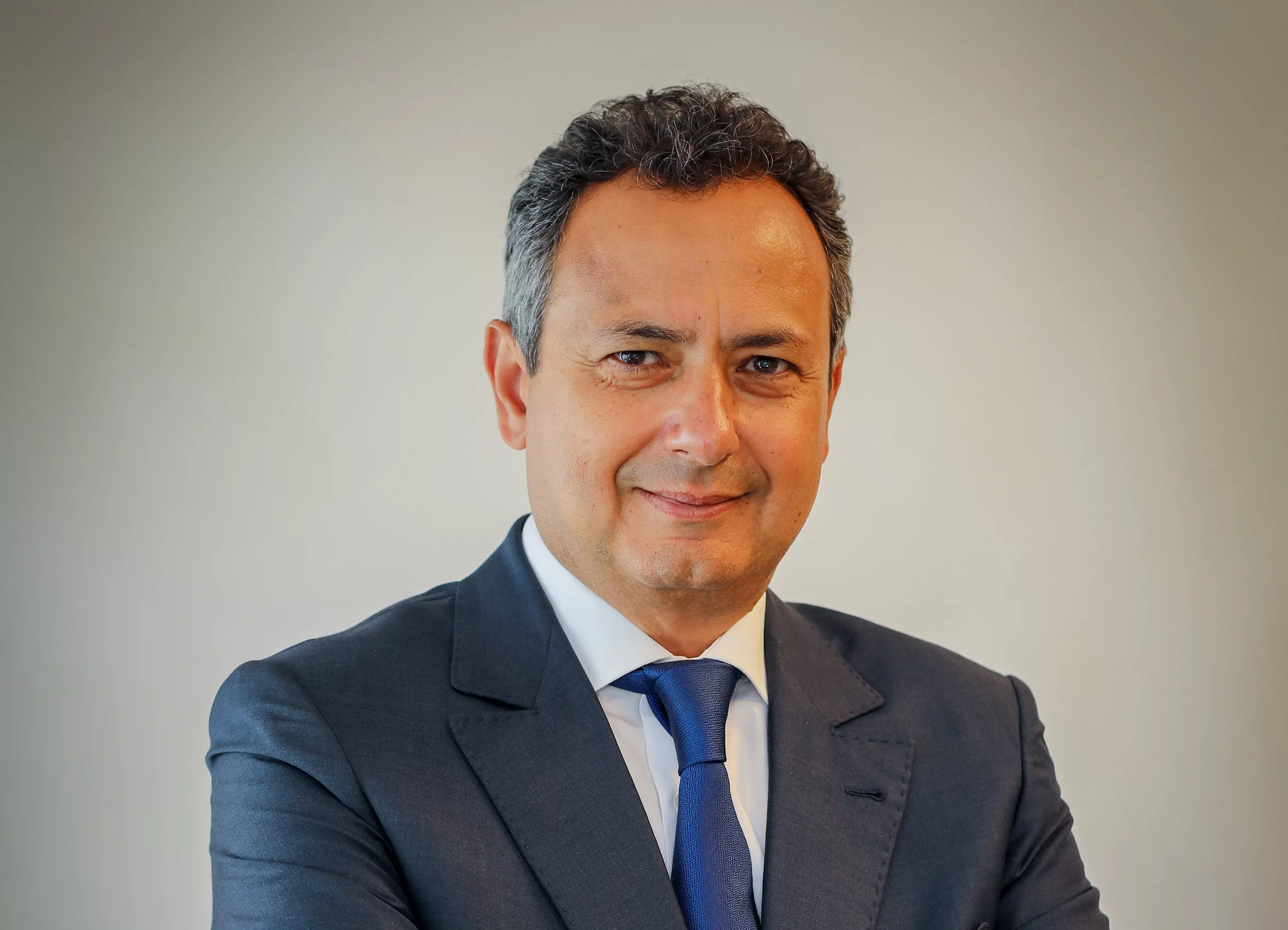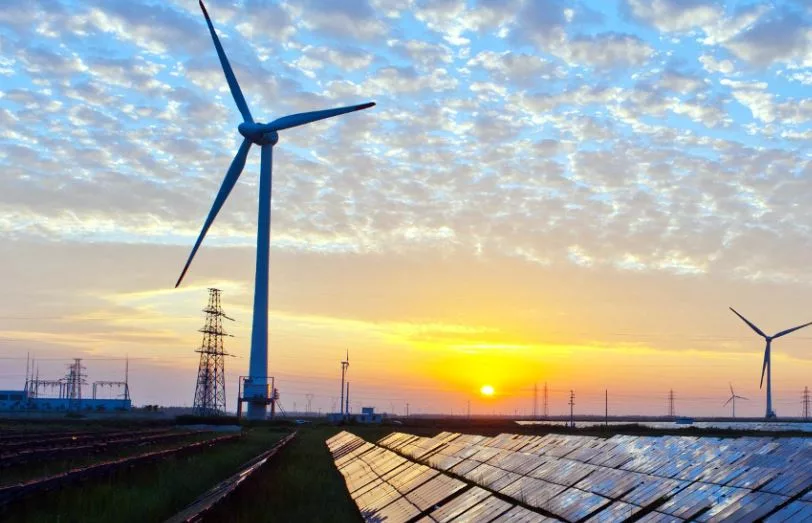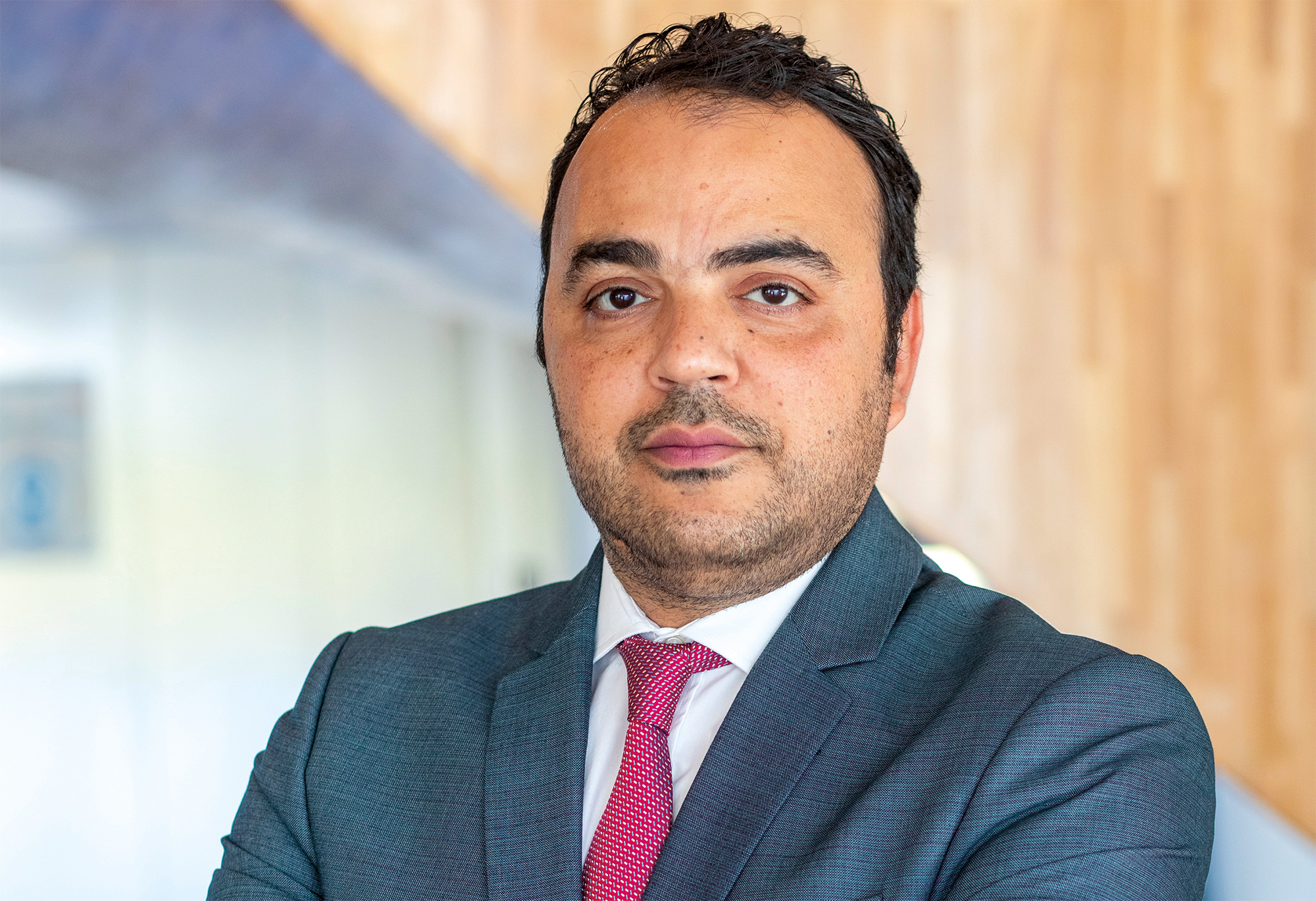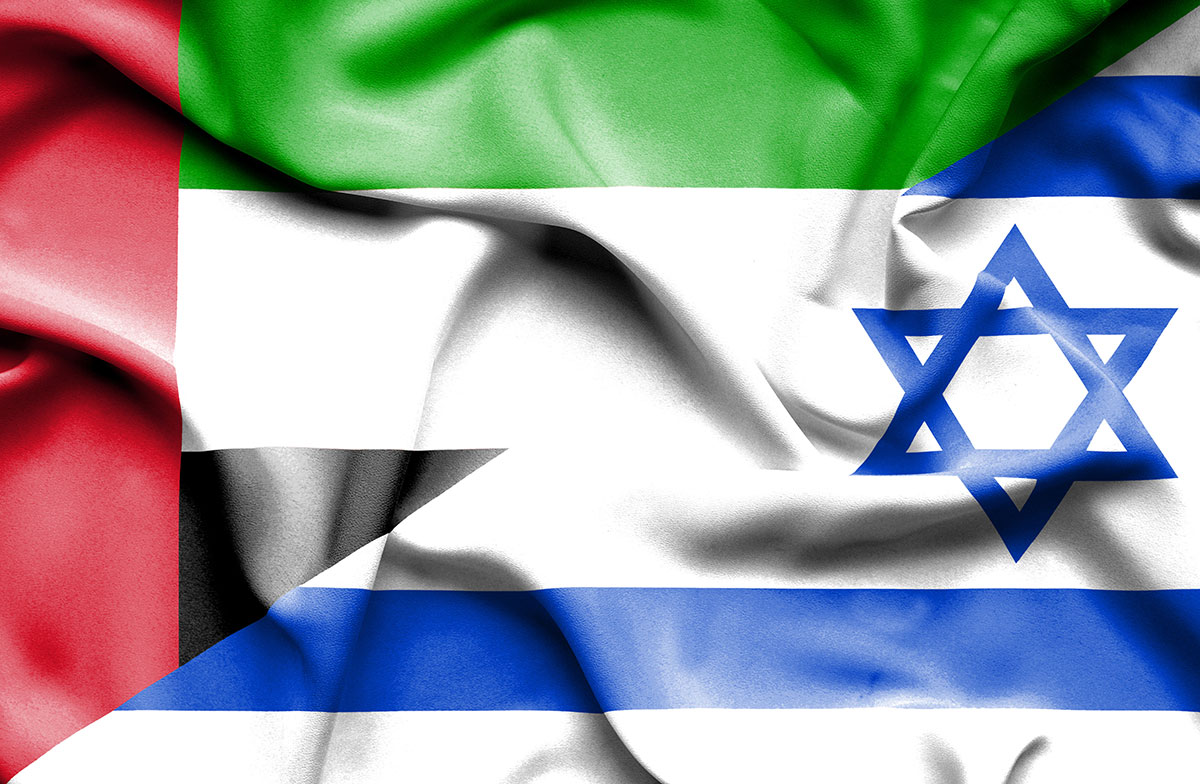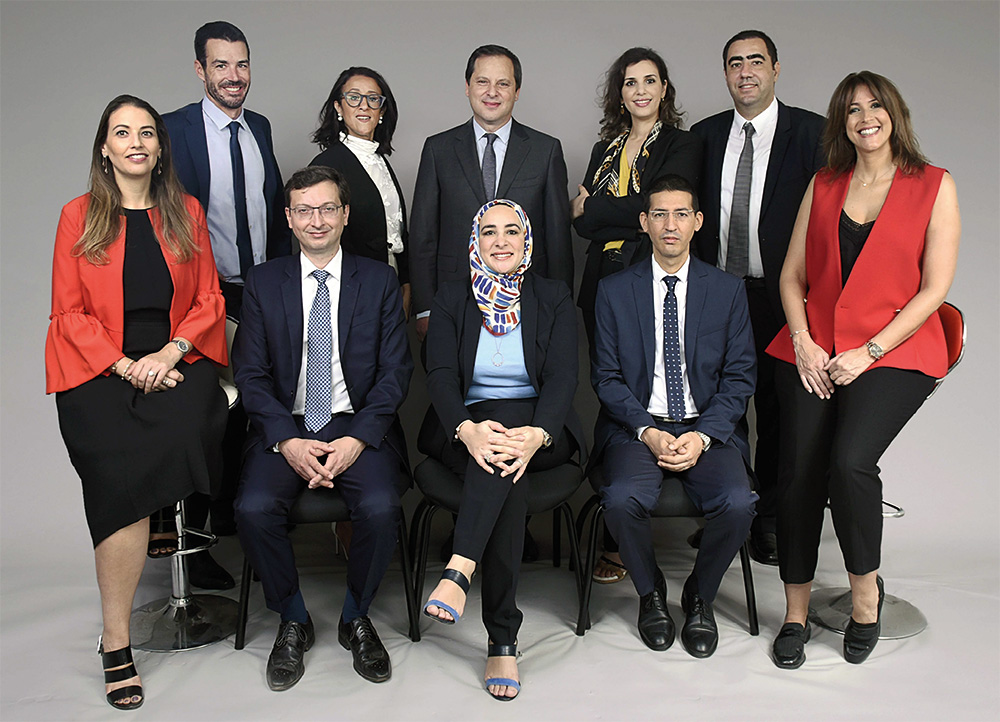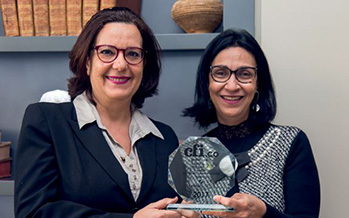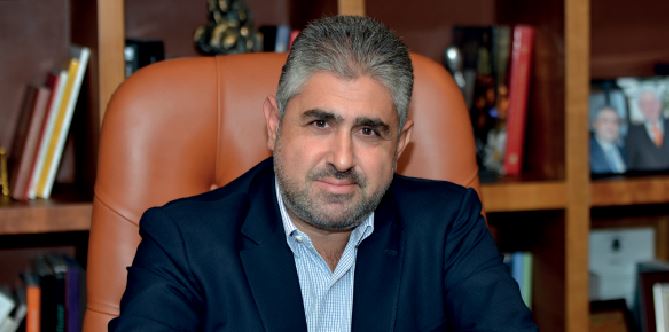[vc_row][vc_column width=”1/2″][vc_column_text]
Morocco
Morocco was the 58th largest economy in the world by nominal GDP in 2018. Its GDP per capita was $3,238 USD. Morocco is in North-West Africa. It is a Kingdom with a parliamentary democracy. It was ranked 98th in the World Bank's Human Capital Index and 99th in the Economic Complexity Index in 2017. Personal remittances were 5.8 percent of GDP in 2018. It is a member of the African Union. Services was the largest economic sector in 2017 (50 percent of GDP), followed by manufacturing (15.7 percent), and agriculture (12.4 percent). In 2017, the largest export sectors were services (37 percent), agriculture (14.2 percent), textiles (12.83 percent), and electronics (10.6 percent). The largest individual exports travel and tourism (16 percent), ICT services (14 percent), transport services (6.73 percent), insulated electrical wires (6.5 percent), and cars (6.2 percent). Its largest export partners were Spain (23.6 percent), France (19.1 percent), the USA (4.1 percent), Germany (3.8 percent), and Italy (3.65 percent). The largest goods imports were refined petroleum (9.32 percent), cars (4.31 percent), and petroleum gasses (3 percent). In the 18th century both Spain and France vied for influence over Morocco. In 1912, it became a French protectorate. Under the French, agriculture and administration developed but industry grew slowly. Morocco gained independence from France in 1956. After independence, the government pursued a nationalisation and import-substitution strategy. Between 1965 and 1972, the government invested heavily in infrastructure for agriculture. Between 1973 and 1977, nationalisation was intensified. These policies combined with droughts in the 1970s led to a rapid increase in public debt. In the 1980s, Morocco responded to the high debt with austerity measures and pro-market reforms, overseen by the IMF. In the 2000s and 2010s, the government diversified the economy and invested in infrastructure, including port facilities. It also entered into a free trade agreement with the EU. New industries include aerospace, automotive, and phosphates. Public debt began to increase again from 2008. The government has responded by eliminating subsidies for gasoline, diesel, and fuel oil and by reducing general expenditure. The country fared well during the upheaval of the Arab Spring in surrounding countries. Growth has been enabled by continued reforms and political reforms.
[/vc_column_text][vc_column_text] Its population in 2018 was 36,191,805 [1]
Its population in 2018 was 36,191,805 [1]
 In 2015, 11.32% of its total energy
In 2015, 11.32% of its total energy
consumption was renewable [2]
 In 2021, its GDP grew by 7.37% [2]
In 2021, its GDP grew by 7.37% [2]
 In 2021 it had a negative Current
In 2021 it had a negative Current
Account Balance of US$bn 3.82 [3]
 Its unemployment rate in 2021 was 11.90% [3]
Its unemployment rate in 2021 was 11.90% [3]
 Its Expenditure on R&D (as a percentage of
Its Expenditure on R&D (as a percentage of
GDP) in 2010 was 0.71% [2]
What free trade areas or economic unions is it a member of?
Member of the Euro-Mediterranean partnership (EuroMed) since 28/11/1995
Other members:
Algeria, Egypt, Israel, Jordan, Lebanon, Libya, State of Palestine, Syrian Arab Republic, Tunisia, Türkiye
What trade deals are there between Euro-Mediterranean partnership and other countries and economic unions?
None
[/vc_column_text][vc_column_text]What trade deals are there with other countries and economic unions?
Pan-Arab Free Trade Area (from 01/01/1998)
EFTA - Morocco Free Trade Agreement (from 01/07/1999)
EU - Morocco Association Agreement (from 01/03/2000)
Morocco - United Arab Emirates free trade agreement (from 09/07/2003)
Türkiye - Morocco free trade agreement (from 01/01/2006)
United States - Morocco free trade agreement (from 01/01/2006)
Agadir Agreement (from 27/03/2007)
UK - Morocco trade agreement (from 01/01/2021)
[/vc_column_text][/vc_column][vc_column width=”1/2″][vc_column_text]Red Med Capital: An Independent Investment Bank in Morocco with a Green DNA
Good News Roundup of 2022: Spotlight on Renewables
Location, Attitude, Aptitude and Forward Thinking: Tanger Med Zones at an Enviable International Position
Middle East – Business Trumps Politics
EQDOM, subsidiary of SOCIETE GENERALE GROUP: Inclusivity, Fintech Power and Agility Provides Competitive Edge to Moroccan Consumer Credit Provider
Business in Times of Corona: The Lure of Rustbelts When Lean Is No Longer Mean
UNCTAD’s World Investment Forum: Looking for a Way Out of the Lucas Paradox
CFI.co Meets the Director General of Wafacash: Samira Khamlichi
CFI.co Meets the Chairman of Résidences Dar Saada: Hicham Berrada Sounni
IFC: Addressing Climate Change Can Unlock $23 Trillion-Dollar Investment Opportunities in Emerging Markets
Trade with the United Kingdom
Source: UK Office for National Statistics, October 2022.
Contains public sector information licensed under the Open Government Licence v3.0.














































































